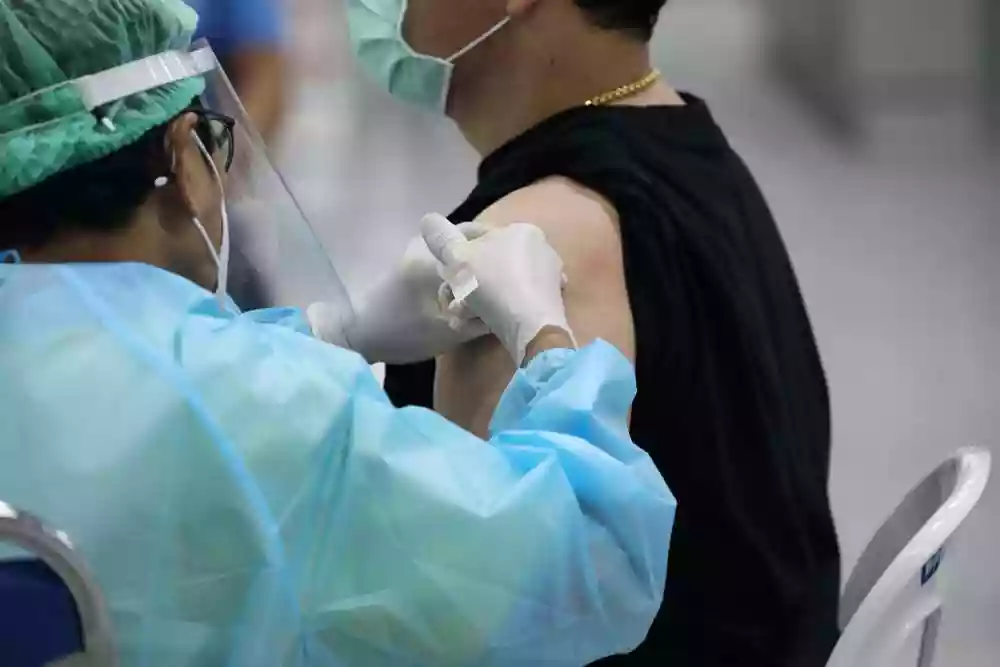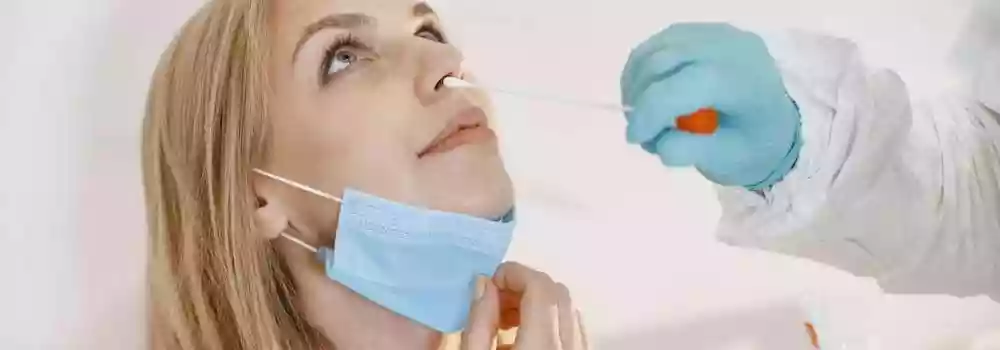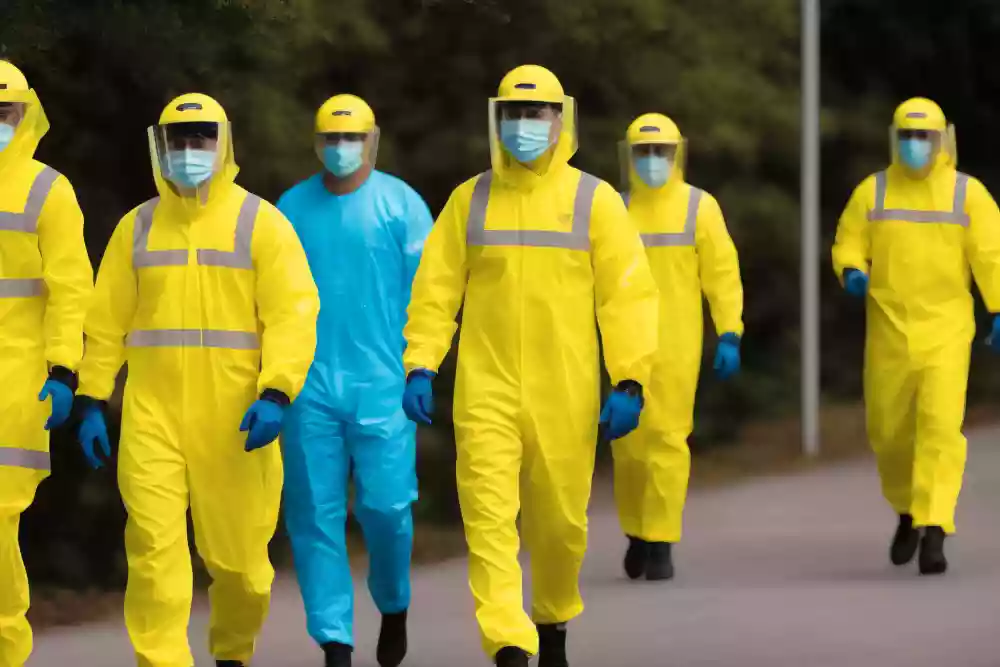In the world of COVID-19, a new version called COVID-JN-1 is making headlines. Let’s break down what this means for your health and how to stay safe in the face of this new challenge.
What We Know About COVID-JN-1:
COVID-JN-1 shares some symptoms with other types, like fever and cough. But watch out for surprises – it might also bring stomach issues, rashes, or problems with your brain and nerves. This makes it trickier to figure out if you’ve got it.
Why Is COVID-JN-1 Different?
Unlike its relatives, COVID-JN-1 really likes the lungs. That means more breathing troubles like feeling out of breath and a tight chest. It also seems to spread a bit faster, making it more important than ever to stop it from spreading too much.
How Risky Is COVID-JN-1?
Think of COVID-JN-1 like a shadow – it could be more serious, especially for your breathing, and might spread quicker. This raises the risk of more people getting sick, putting extra pressure on hospitals. It’s like an approaching storm we need to prepare for.
Vaccines and Staying Safe:
Good news – our vaccines work against COVID JN 1. But to be extra safe, get a booster shot. Think of it as giving your body an extra shield to fight off this new version.

Safety precautions:
Health experts and authorities worldwide advise the following safety precautions:
- Mask Up: The efficacy of masks in preventing the spread of respiratory droplets, a key mode of transmission, remains paramount. Ensure your mask covers your nose and mouth snugly, especially in crowded or indoor settings.
- Hand Hygiene: Frequent handwashing with soap and water for at least 20 seconds is a simple yet powerful defense against the virus. Alternatively, use alcohol-based hand sanitizer.
- Social Distancing: Maintain a safe distance from individuals outside your household, especially in public spaces. Social distancing is a crucial component in curbing the transmission of COVID-JN-1.
- Boost Your Immunity: Beyond vaccination, focus on bolstering your overall health. Consume a nutritious diet, engage in regular physical activity, and prioritize sufficient sleep. A strong immune system enhances your body’s ability to fight off infections.
Monitoring Your Health:
Being vigilant about your health is a proactive stance in navigating the uncertainties associated with the COVID-JN-1 variant. Here are some key aspects to monitor:
- Symptom Awareness: Familiarize yourself with the symptoms of COVID-JN-1, including the atypical ones like stomach issues and skin rashes. Early detection allows for prompt isolation and necessary medical attention.
- Oxygen Levels: Invest in a pulse oximeter to monitor your oxygen saturation levels at home. Shortness of breath is a reported symptom of the JN-1 variant, and monitoring your oxygen levels can provide early indications of respiratory distress.
- Seek Medical Advice: If you experience symptoms consistent with COVID-JN-1, consult with healthcare professionals promptly. Timely medical advice ensures appropriate care and may help prevent severe outcomes.

Getting Tested If Sick:
In the event that you suspect you may have contracted COVID-JN-1, getting tested is a responsible course of action. Follow these guidelines:
- Testing Centers: Locate nearby testing centers offering PCR or rapid antigen tests. Many healthcare facilities, pharmacies, and community testing sites provide accessible testing options.
- Isolation: If you test positive, follow isolation guidelines recommended by health authorities. Isolate yourself from others to prevent further transmission and adhere to the prescribed duration of isolation.
- Contact Tracing: Notify individuals you have been in close contact with, allowing them to take necessary precautions. Additionally, cooperate with contact tracing efforts initiated by health authorities.
Frequently Asked Questions (FAQs):
Is COVID-JN-1 worse than other versions?
It might be, especially for breathing. It spreads faster, so more people could get sick.
Are the symptoms really different?
Yes, watch out for surprises like stomach problems and rashes. COVID-JN-1 likes to play tricks.
Do vaccines protect against COVID-JN-1?
Yes, but get a booster shot to make your protection stronger. Do this only after consulting your doctor.
How can I stay safe from COVID-JN-1?
Keep doing what you’ve been doing – wear masks, wash hands, and stay apart. Get vaccinated and don’t forget your booster shot (after consulting your doctor). It’s like a fitness routine for your health.
Conclusion:
Facing COVID-JN-1 might feel like a new challenge in your health and fitness journey. Stay informed, follow the advice of health experts, and keep up with preventive measures. Think of it as a new workout – adapting, staying strong, and moving forward. Together, we can overcome this latest hurdle and keep moving towards a healthier future.
